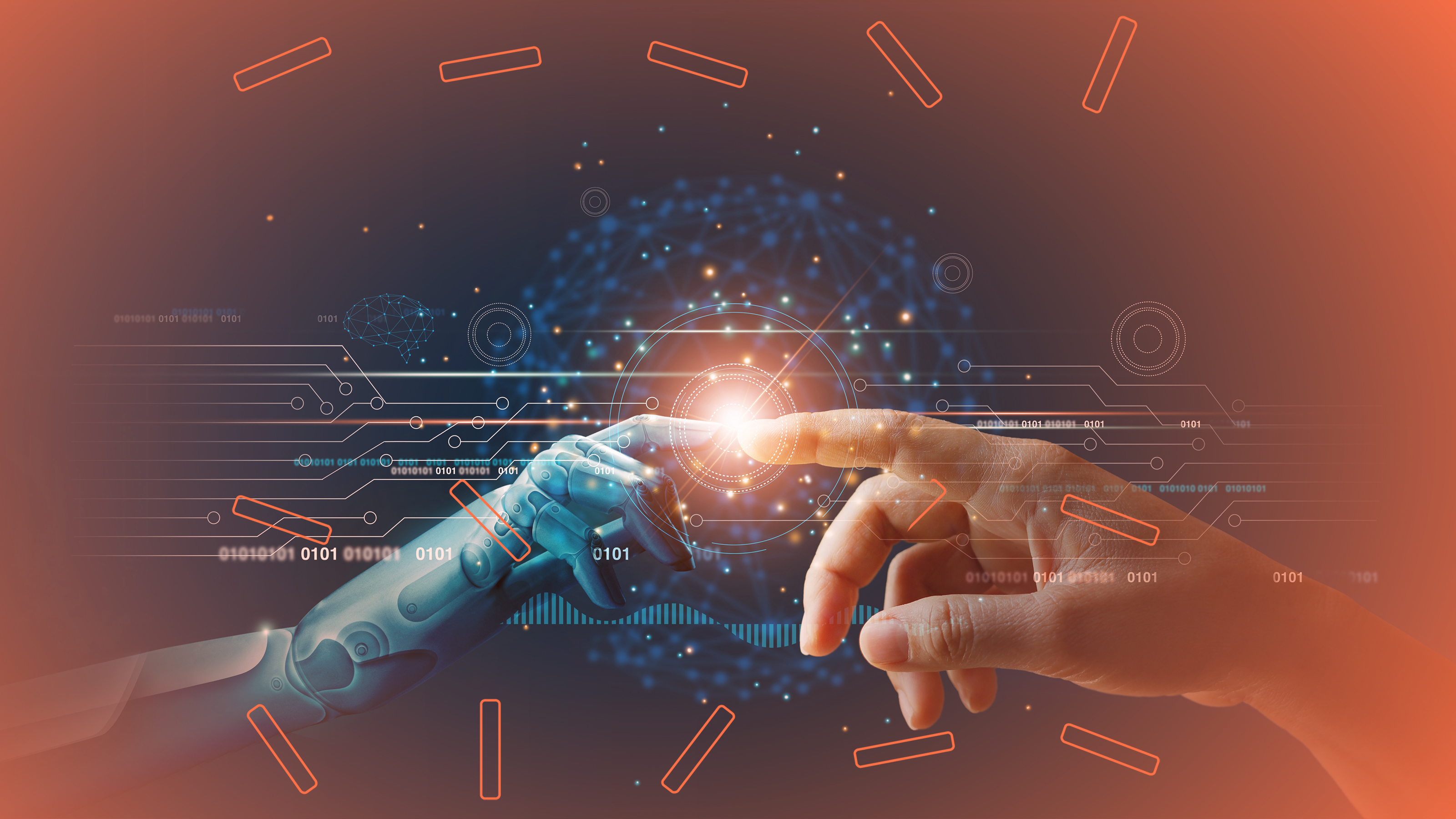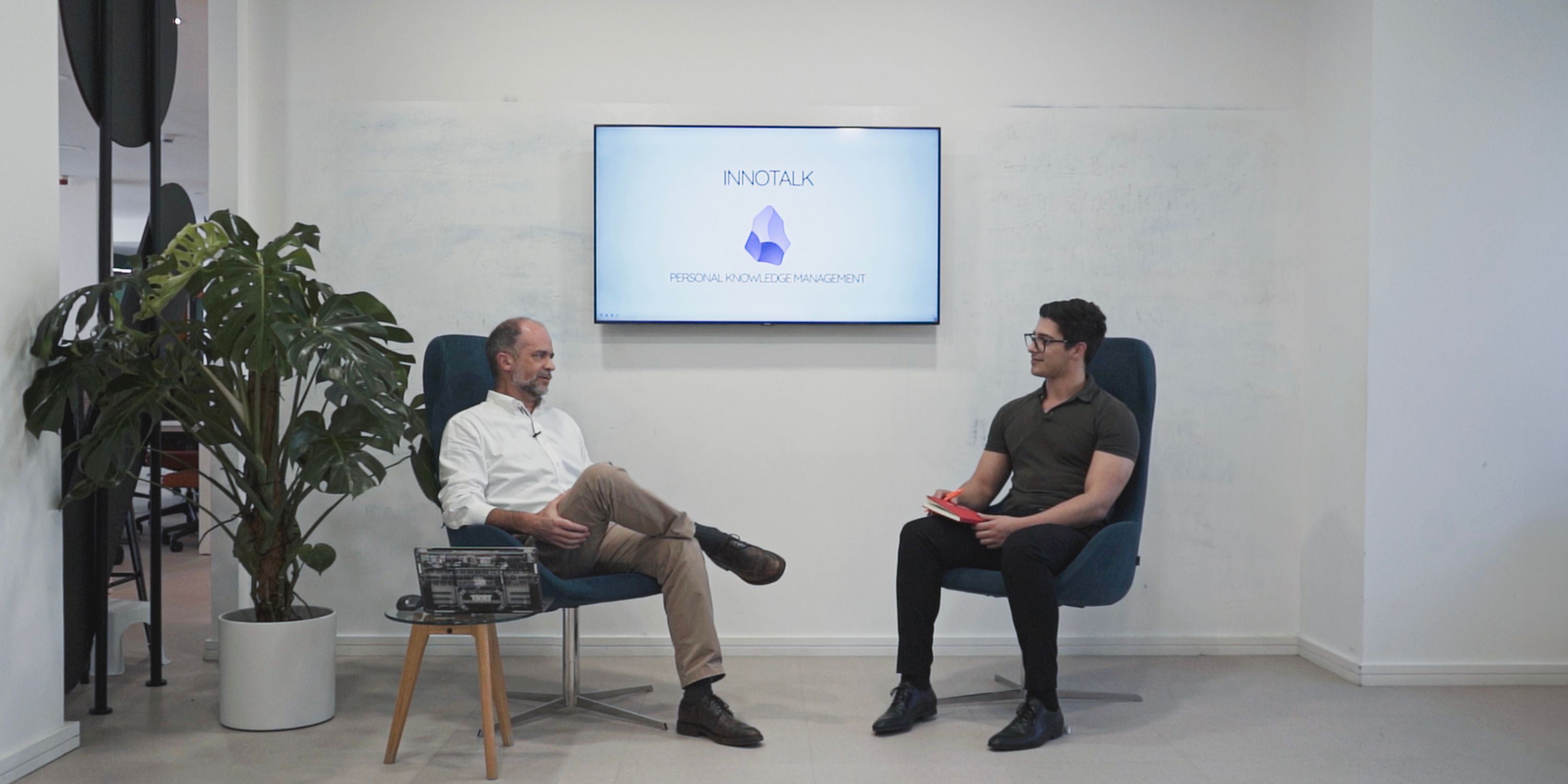Are you aware of the huge amount of valuable data you already have in your organization ready to be seized?
Data Science is a field that sits at the cross junction of several different areas, from Artificial Intelligence to statistical analysis, from IoT to data warehousing, from Machine to Deep Learning, with data being the common denominator. It combines domain expertise, programming skills, and mathematics abilities to extract meaningful insights from all available structured and unstructured data. Data science in practice is how it can be employed to achieve a real and tangible business value.
How big is data?
Are you aware of the huge amount of valuable data you already have in your organization ready to be seized? It indeed means nothing if we do not know how to use it strategically. Like oil, data itself has little intrinsic value. Instead, what really matters is the actionable insights that can be learned from it. Just to put in perspective, we bring you some global stats:
- The amount of data in the world was estimated to be 44 zettabytes at the dawn of 2020.
- By 2025, the amount of data generated each day is expected to reach 463 exabytes
- Google, Facebook, Microsoft, and Amazon store at least 1,200 petabytes of information.
- The world spends almost $1 million per minute on commodities on the Internet.
- By 2025, there would be 75 billion Internet-of-Things (IoT) devices in the world
- By 2030, nine out of every ten people aged six and above would be digitally active.
Every 60 seconds, we have 98,000+ tweets, 695,000 Facebook status updates, 11 million instant messages, 698,445 Google searches, 168 million+ e-mails sent, 217 new mobile web users.
So, what can we really do with all this? How can we make it useful? By analyzing huge data sets, Data Science is responsible for making our personal and professional lives much more exciting, productive and convenient. By discovering hidden patterns and transform raw data into knowledge, Data Science allows better decisions and contributes to revenue increase, cost reduction, customer loyalty, and so on.
Data science in practice
Let’s now see some common applications that clearly reflect Data Science’s importance in real life.
#1 Fraud and Risk Detection
The earliest applications of Data Science were in the financial industry. Banks and insurers were fed up with bad debts, frauds and losses. And started taking advantage of the data in their systems, such as customer profiling and behavior, interactions, transactions, past expenditures, and other essential variables to analyze the probabilities of risk and default. Moreover, it also helped them to push their products based on customer’s purchasing power and individual characteristics.
#2 Chatbots
Chatbots are used universally today for quick responses to most asked questions on a particular website. One of the popular use cases is for customer service, enabling companies to cut expenditures and provide 24/7 support. Note that chatbot data is all unstructured — users can say, write, or send whatever they want. And an NLP-based (Natural Language Processing) chatbot gives the end-users a sense of conversation, as opposed to going through a limited set of options. The secret behind it is deep learning that enables computers to acquire meaning from inputs given by users.
#3 Detecting unhappy customers and act before they leave
“What are the main customers that I will lose and why?”. Can you imagine the power of having this answer? That’s what Data Science reveals. Its methods and tools help companies improve their customer success programs by telling what is the current churn rate and its main causes (descriptive analytics), who is at risk for churning (predictive analytics) and what actions can prevent churn (prescriptive analytics). These insights can then be incorporated into marketing, sales and support workflows to help retain, engage and grow customer relationships.
#4 Mobility
Data Science allows operators to optimize routes and predict demand depending on specific events to improve service levels and reduce costs. Providing safer, cleaner and more efficient transport means, as well as better and customized experiences are some great benefits of applying Data Science in mobility. It can not only offer insights into current activity at particular locations, but also major commercial impact based on forecasts on future mobility.
#5 Health Sector
Gathering data using sensors on smartphones, watches or bracelets allows more accurate information to be used to prevent diseases or help with treatments. Today, for instance, computers are already being trained to read mammograms and identify cancer more effectively than a human. Also, an AI-powered mobile app can already provide basic healthcare support. Patients simply describe their symptoms and receive key information about their medical condition. Apps can also remind users to take their medicine on time and, if necessary, assign an appointment with a doctor.
#6 Telecom Sector
Telecom businesses that can identify the massive number of data points flowing through their networks and around them gain a better understanding of the things that more than seven billion potential customers of smartphones and computers around the globe plan to do with their gadgets. Real-time data obtained from multiple sources and customer usage can be leveraged to improve existing products and coming up with new ones, and enables also to launch contextualized location-based promotions and targeted campaigns.
Now it’s your turn to put Data Science in practice!
These are just 6 examples of an infinitude of Data Science applications. Let’s talk about your specific challenges and put our talented Data Scientists and Developers at the service of your company’s growth and efficiency. Count on us in this magical journey.



